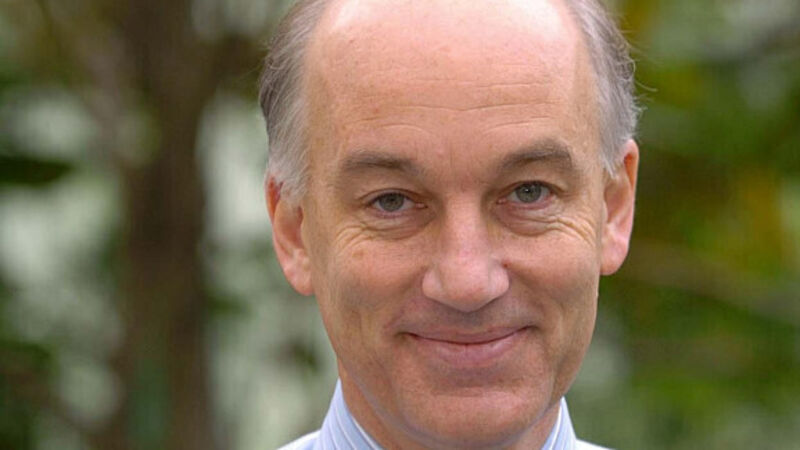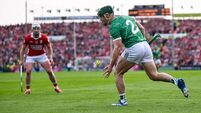It turns out the men in black are just like us after all

The results, lest anyone has forgotten, made for superb TV.
Both clubs had been informed of the unusual device under the referee’s uniform, but word never reached the away dressing room. The result was a free pass for an unusually polite Millwall while Arsenal were all but hung out to dry. Elleray himself complained later about the selective editing, claiming it skewed the overall picture, but Arsenal did themselves no favours.












